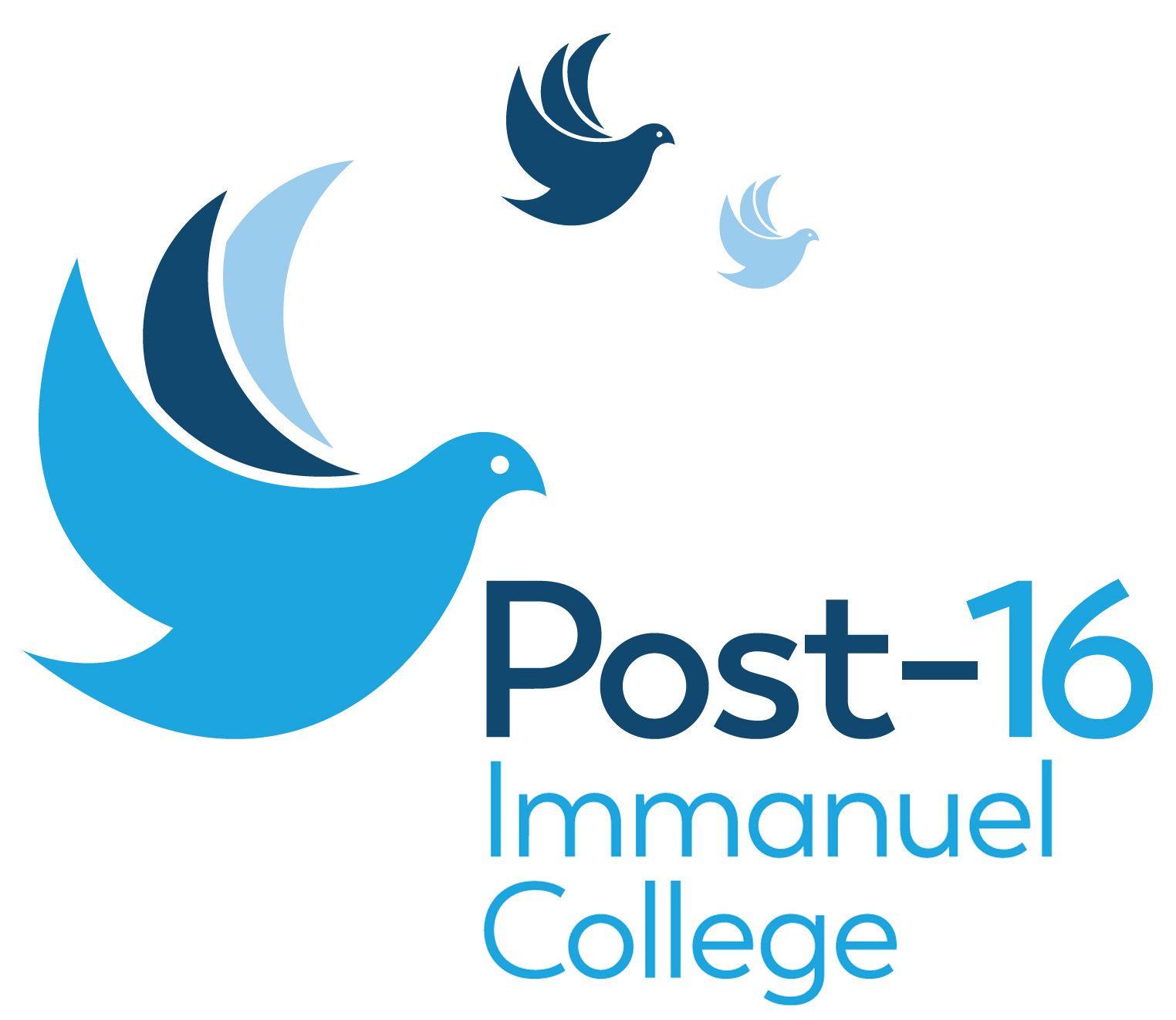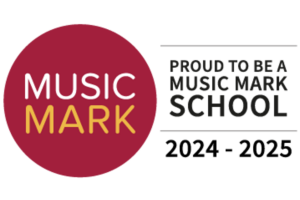
- Overview
- Welcome from the Headteacher
- Post-16 Team
- Admissions
- Post-16 Prospectus
- Subjects
- English Language & Literature
- English Literature
- Maths
- Further Maths
- Biology
- Chemistry
- Physics
- Applied Science (Applied General)
- Art
- Criminology (Applied General)
- Drama & Theatre
- Film Studies
- French
- Geography
- History
- IT (Applied General)
- Law
- Law (Applied General)
- Media Studies
- Music
- Music (Applied General)
- National Extended Certificate in Uniformed Protective Services (Applied General)
- Philosophy, Theology, Ethics - Religious Studies
- Photography
- Psychology
- Sociology
- Spanish
- Sport (Applied General)
- Technical Business (Level 3 - Extended Certificate)
- Travel and Tourism (Applied General)
- Hospitality (Level 2)
- Leadership through Sport (Level 2)
- Public Services (Level 2)
- Employability
- Maths and English GCSE Resit
- Student Leadership
- Results & Student Progression
- Trips & Opportunities
- Charity Work
- Our Facilities
- New Build
- Enrichment
- FAQs
- Exams Information
- Year 10 Information Evening
- Go Higher West Yorkshire
Travel and Tourism (Applied General)

Why choose this subject?
The UK’s Travel and Tourism industry is one of the largest employers in the country. These qualifications have been designed to provide an all-round introduction to the travel and tourism sector for those who wish to further their careers in one of its many connected industries, including retail travel, visitor attractions, accommodation, transport and tour operations.
What will you study?
Subjects covered over the two years include; The World of Travel and Tourism, Global Destinations, Principles of Marketing in Travel and Tourism and Visitor Attractions.
Component 1: Travel and Tourism Organisations and Destinations
Component 2: Customer Needs in Travel and Tourism
Component 3: External exam at the end of the 2 year course.
How is this course assessed?
The assessment is one exam each year and internal assessments completed in class.
![]()
Travel and Tourism Intent
The travel and tourism curriculum at Immanuel College has as its foundation the belief that we are ‘all God’s children’. In humanities, our values of perseverance, character and hope underpin all our work.
The intent of the travel and tourism curriculum is to:
- Broaden our students’ horizons by engaging with the role tourism has to play locally, nationally and internationally. Through this we encourage our students to think independently and to enjoy and explore the physical and human world around them developing their character. 1
- Examine the interconnectedness of communities across the globe, appreciating the diverse range of cultures, languages, customs and traditions in our international community, alongside our own British values.2
- Understand the role tourism plays socially, economically and environmentally, against a backdrop of an ever increasingly globalised world.
- Explore different aspects of the service sector and become familiar with the processes and procedures of the workplace, including how to offer excellent customer service and the importance of upholding professional duties.
- Foster students’ interpersonal skills, emphasising the importance of maintaining professional standards, working independently and showing initiative. The study of Travel and Tourism offers real world situations which provides relevance, enrichment, hope and aspirations to our students.3
1’The earth is the Lord’s and everything in it.
2They will call him “Immanuel” which means “God with us”
3‘In Jesus you are all children of God through faith’
Subject Maps
Curriculum Plans
What next?
Students who achieve the BTEC Travel and Tourism qualification can look to enter the travel and tourism industry in a number of sectors, including retail travel agencies, tour operating, both in the UK and overseas as well as the events management industry. The BTEC Travel and Tourism qualification also provides you with UCAS points to enter university education.
Alternatively, this qualification will also contribute to developing a range of skills within a vocational context including confidence, competence, team building and motivation.








